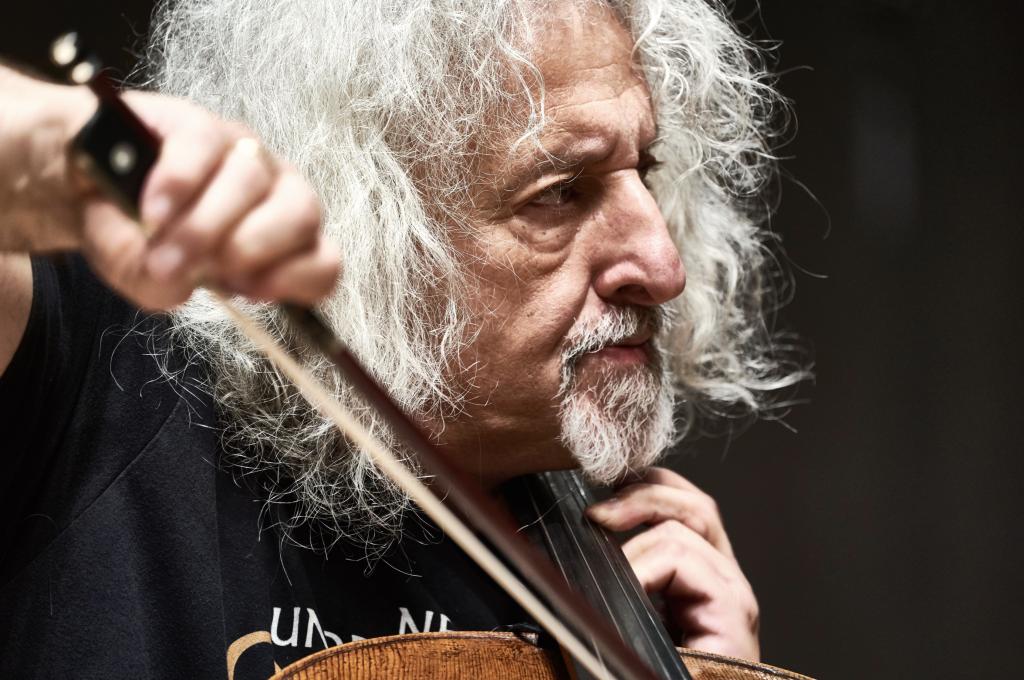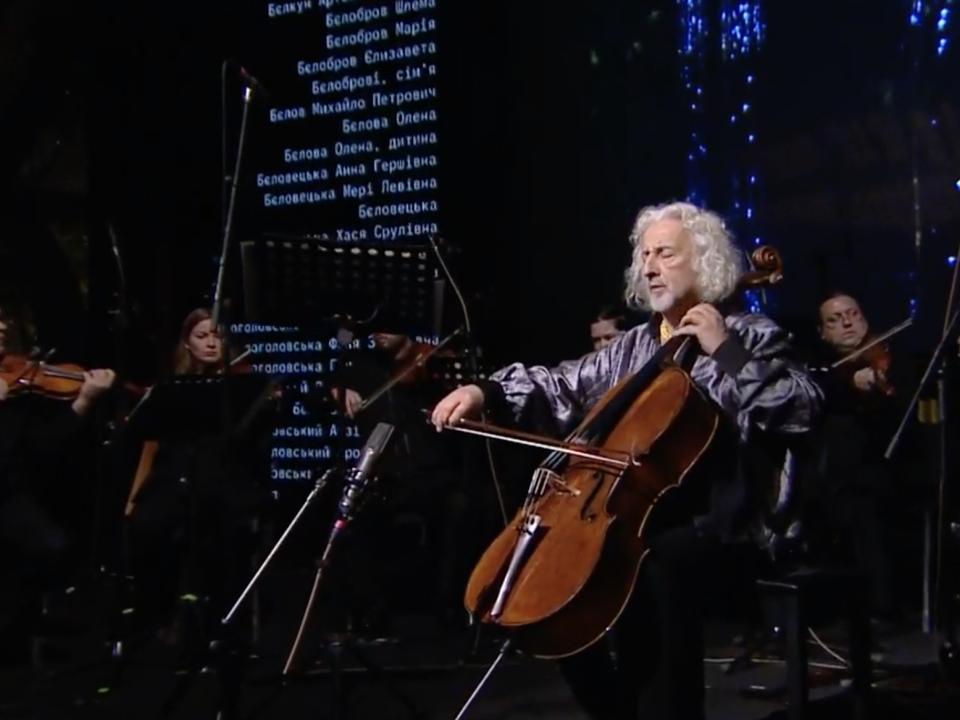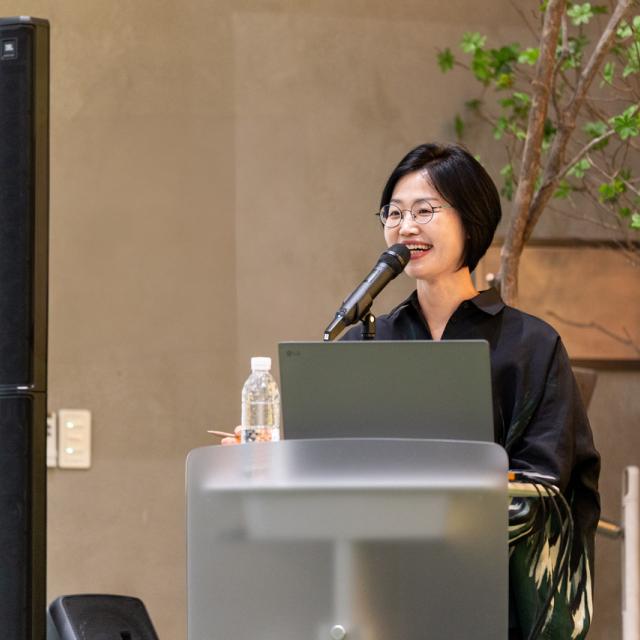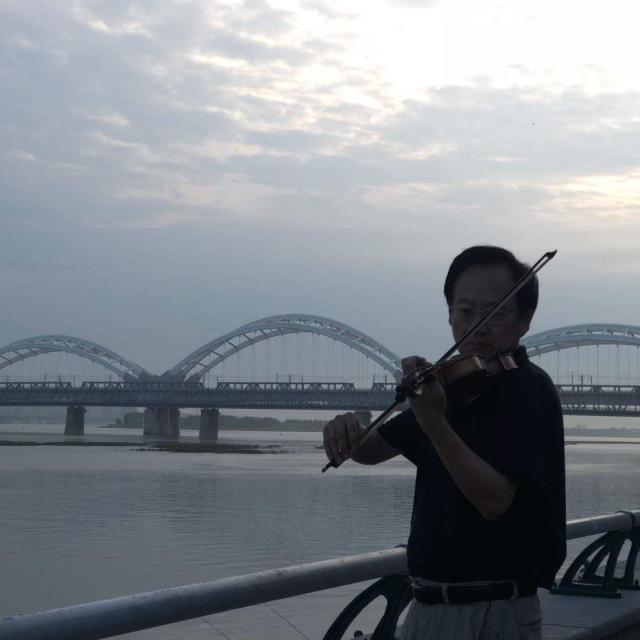I want to pinch myself and wake up!

Mischa Maisky talks about his teachers, Horowitz, and the war in Ukraine
WFIMC: In the past year, the situation for Russian musicians has not been easy, to say the least. Mischa, you are not exactly Russian, but then you are not exactly not Russian, either...
Mischa Maisky: It´s very delicate of course, finding a balance in this terrible situation. But you have to realize that you cannot blatantly blame all and everything on the Russian connection. You cannot go to this stupid extreme and prohibit Russian music. Connecting Tchaikovsky, Rachmaninov, Prokofiev with Putin is ridiculous. Boycotting all musicians who happen to be born in Russia, even those who left a long time ago and made their position perfectly clear- its totally... it´s very primitive. Even myself, I got in a little trouble- I didn´t realize this but I heard about it post-factum: I played Bach Suites in Toronto, not realizing that a lot of Ukrainians live in this city. It was a completely sold-out concert, an it happened to be on the 27th of March, last year, which happened to be the birthday of Rostropovich. And as I remember this of course, I thought about it and I made a little announcement before the concert. I said: "just by coincidence, it would have been the 95th birthday of my great teacher Rostropovich, so I would like to dedicate this concert to his memory". And, I said, "since I could imagine or at least I hope that he would be the first to protest against this senseless and terrible war, I would like to dedicate the concert as well to all the victims of this war- on both sides". I always make this point, because I believe there are also plenty of innocent victims in Russia. Those poor soldiers that don´t even know what they are dying for, or the people who try to protest against it, getting arrested and so on. It´s not as simple as black and white.
There was a problem with what you said?
Apparently some Ukrainians in the audience were outraged that I talked about "both sides", and one of them got up and left. I didn´t even notice and noone paid much attention, but on the next day already I got a message from Norman Lebrecht asking me „what happened in Toronto?!?“
What I am trying to say: it´s very important not to cut off completely any connection: We should do the exact opposite and try to support the people that share our views and values. Of course, for those people who are clearly on the side of Putin, its clear: noone wants to have anything to do with them. But at the same time I think its very correct on your part not to boycott completely Russian musicians.
We are still looking for support for the Horowitz Competition...
Are you in touch with Martha Argerich? I am sure she will be the first to support this competition. Horowitz was, and remains, her idol. She went to New York when she was around 22, spending a few weeks sitting in a hotel, with one goal in her mind: to meet Horowitz. She never did. But I- I met Horowitz. Totally by chance. Backstage, at the Theatre du Chatelet in Paris, after a concert of Isaac Stern.
There must be quite a story...
But I have first an annecdote of „the opposition“ of Horowitz. I met Arthur Rubinsteinwhen he was 89 years old, in Jerusalem. I was in the front row, when he was rehearsing with orchestra. And while the orchestra was still tuning, he tried the piano. He played some passage, and it was not quite perfect. He gave me a smitten smile and said: „yes, I´m not 80 anymore…“.
Martha Argerich rather liked this quote- she´s 81, will be 82 in June, and so she now also says „Yes, I´m not 80 anymore!“.
You perform with her quite regularly...
Next week we will play together in Lucerne. And she will also play „Dichterliebe“, this time with Thomas Hampson. Come to think of it, there is a connection with Horowitz too: at his famous „Concert of the Century“- at Carnegie Hall, in 1976, Horowitz played „Dichterliebe“ with Dietrich Fischer-Dieskau. It was unbelievable, actually. As for Horowitz and Rostropovich- it was the only time they actually played together. Tchaikovsky Trio 1st movement with Isaac Stern, and Rachmaninov Sonata Second Movement.
Talking about Isaac Stern- maybe you know this funny anecdote, all connected with Ukraine: Isaac Stern grew up in San Francisco but he was born in Ukraine, and his father came from Odesa. Many great musicians came from Odesa, actually: Richter, Milstein, Oistrach, Gilels. So, when Isaac Stern became the first American violinist to visit the Soviet Union, it was at the same time that David Oistrakh toured the United States for the first time. „Cultural diplomacy“, the called it, but Stern commented dryly: „they send us their Jewish violinists from Odesa, and we send to them our Jewish violinists from Odesa!“
So what happened when you met Horowitz?
There was Isaac Stern performing a recital in Paris, and I came backstage with my wife to say hello. There was a big dressing room, and in the front there were all these friends of Isaac Stern, waiting for autographs. We were waiting, just to say hello. And then, suddenly, I saw in the back of the room, on a swiveling chair, Horowitz- looking almost like a child, turning in this chair… I think it was a period when he was under medication, having a difficult time. But I just couldn´t believe my eyes! So I said to my wife „I think it´s Horowitz!“. She didn´t believe me. "Come on, don´t be ridiculous!“. "No, no, it´s Horowitz!" And nobody even noticed him, because everyone was paying attention to Isaac Stern. So my wife said: „Go, speak to him in Russian!“ I said: "no, I can´t…" but she insisted and made me go! And so I went. It was ages ago, early 80s or even before- and I was so nervous. I mumbled something in Russian, but at first he didn´t understand what language it was. But then he listened- and Wanda was there- and he said: „Waaanda, look, he speaks Russian!“ And then he asked me: „Where do you speak Russian from?“ So I answered „From Russia“. It was before he went back to Moscow, and he was a bit nervous, so I said: "but I left Russia quite a while ago!“.
„Are you a musician?“ he asked. „Yes, I´m a cellist“ I replied. He went on asking: „With whom did you study?“. I said: „oh, I studied in Moscow, with Rostropovich!“
His reaction (and imitation of Rostropovich) was quite undiscribeable. I don´t want to go into detail, but he was not pleased.
But then I said: „I also studied in Los Angeles, with Piatigorsky“.
This time, the reaction was totally different. „Oh yes, I know him“, he said respectfully.
Huge difference in reaction, obviously the relationship between Horowitz and Rostropovich was no love affair.
But Rostropovich would have been a huge admirer of Horowitz?
When he left Russia, Rostropovich told me, he wanted to record Beethoven Sonatas with Pollini, Chopin with Martha Argerich, Brahms with Serkin, and Rachmaninov with Horowitz. He realized about 50% of this plan, which is already not bad. With Horowitz, they played just one movement of the Rachmaninov, which is very beautiful. But somehow, something didn´t click between them- judging by his reaction.
Anyway- that was the only time I met Horowitz…
What does the artist Horowitz mean to you?
I´m not just a big fan. It has to do with a general attitude towards music making and what you feel is really important for performers. Nowadays, particularly with the level of playing, with incredibly high standards, something that at the end of the day is most important, will often be neglected. Horowitz was a very good example for this: he was of course a phenomenal pianist, but one could make the case that there were other pianists, or even now, there would be younger pianists who would have a better technique. But it depends on what you call technique. There is technique, and there is virtuosity. He, Horowitz, could allow himself a few notes here and there, that were not always perfect. But in terms of virtuosity, very few people could compare to him. He had this special combination of qualities- personality, a certain individuality, sound production- in the end this would all be most important and make him totally unique in a way, and will always remain so.
As you know, we will soon hold the Horowitz Competition in Geneva. Usually, it is held in Kyiv: do you have memories from that city?
I played there for the first time two years ago, at the anniversary of Babi Jar, which happened exactly 80 years ago. They held a huge ceremony with the Ukrainian, German, and Israeli presidents. DSO Berlin played Shostakovich´s 13th Symphony, and I played a Bach Sarabande and Bloch´s Prayer, with Kremerata Baltica. It was an incredible feeling, because, you know, my parents came from Ukraine... I was already born in Latvia, but my parents came from there. I went to Ukraine before and played in Odesa and other places, but for some reason, I never went to Kyiv. Until two years ago.
Next week, on the 24th of February, at the anniversary of the beginning of this terrible war, I will actually perform at a big charity concert in Amsterdam, which I just couldn´t say no to. I did quite a few of these charity events, from the very beginning of the war, and whenever I could. Very often I have to say a few words. You know, in my rather long life, I encountered very few situations which left me literally speechless. But this is one of them. I personally feel- I want to pinch myself and wake up! because it´s just unbelievable that something like this can happen in the 21st century, in the middle of Europe. To watch something that looks like the 2nd World War is just totally crazy. Insane. As the famous quote goes: „The only thing we learned from history, is that people do not learn from history".
©WFIMC 2023
Top Photo: ©Sihoon Kim/ others: ©WFIMC






